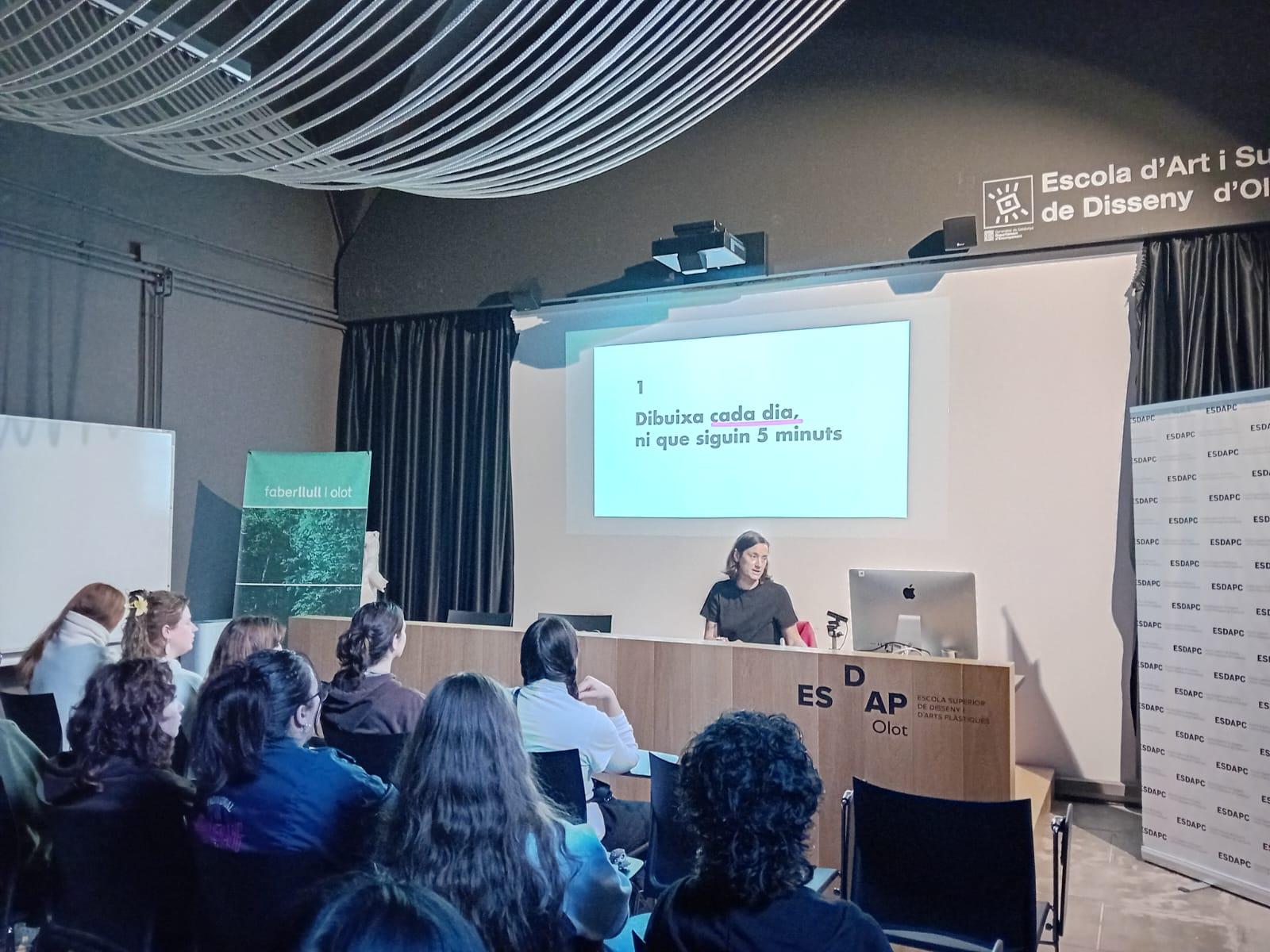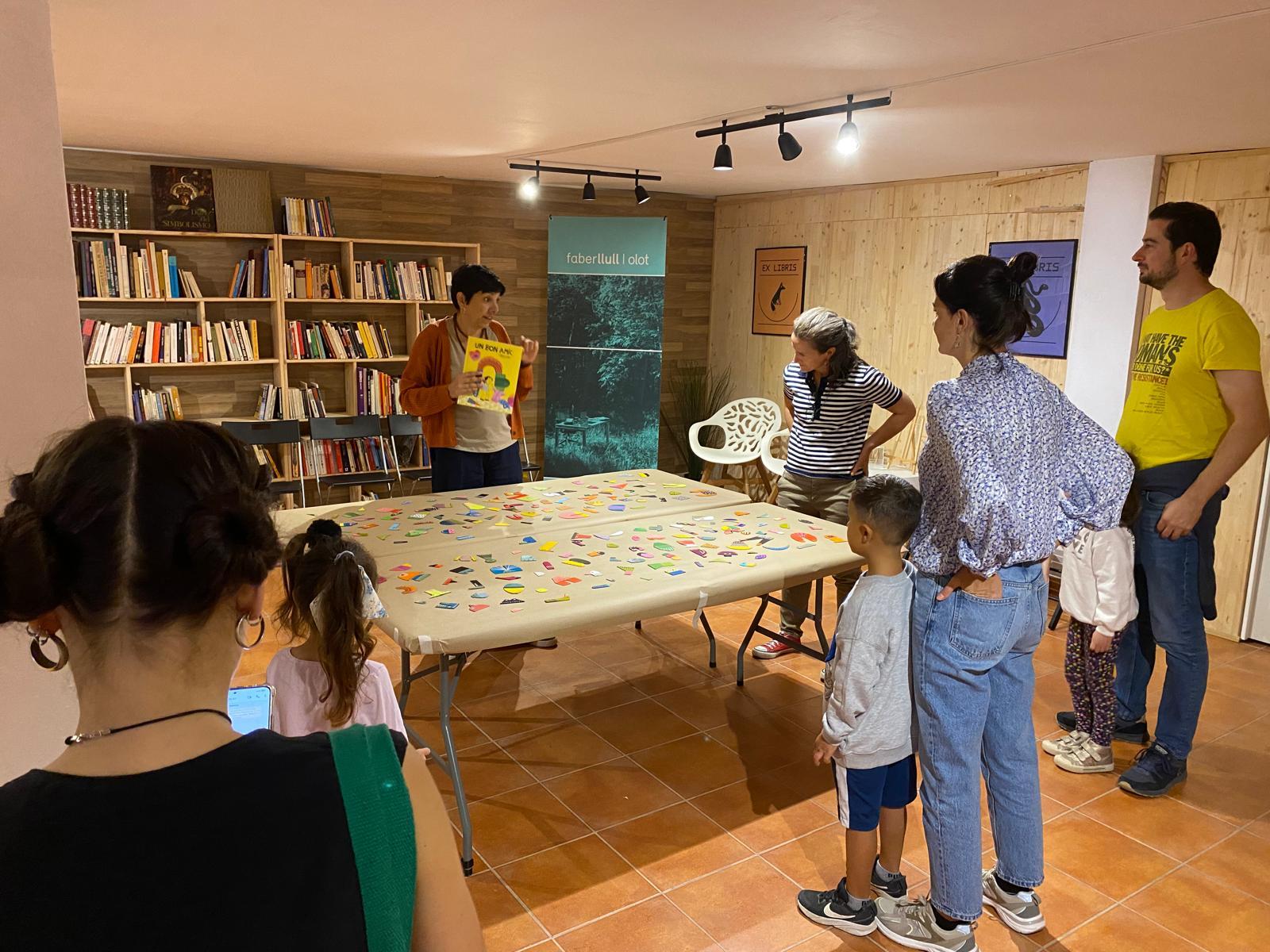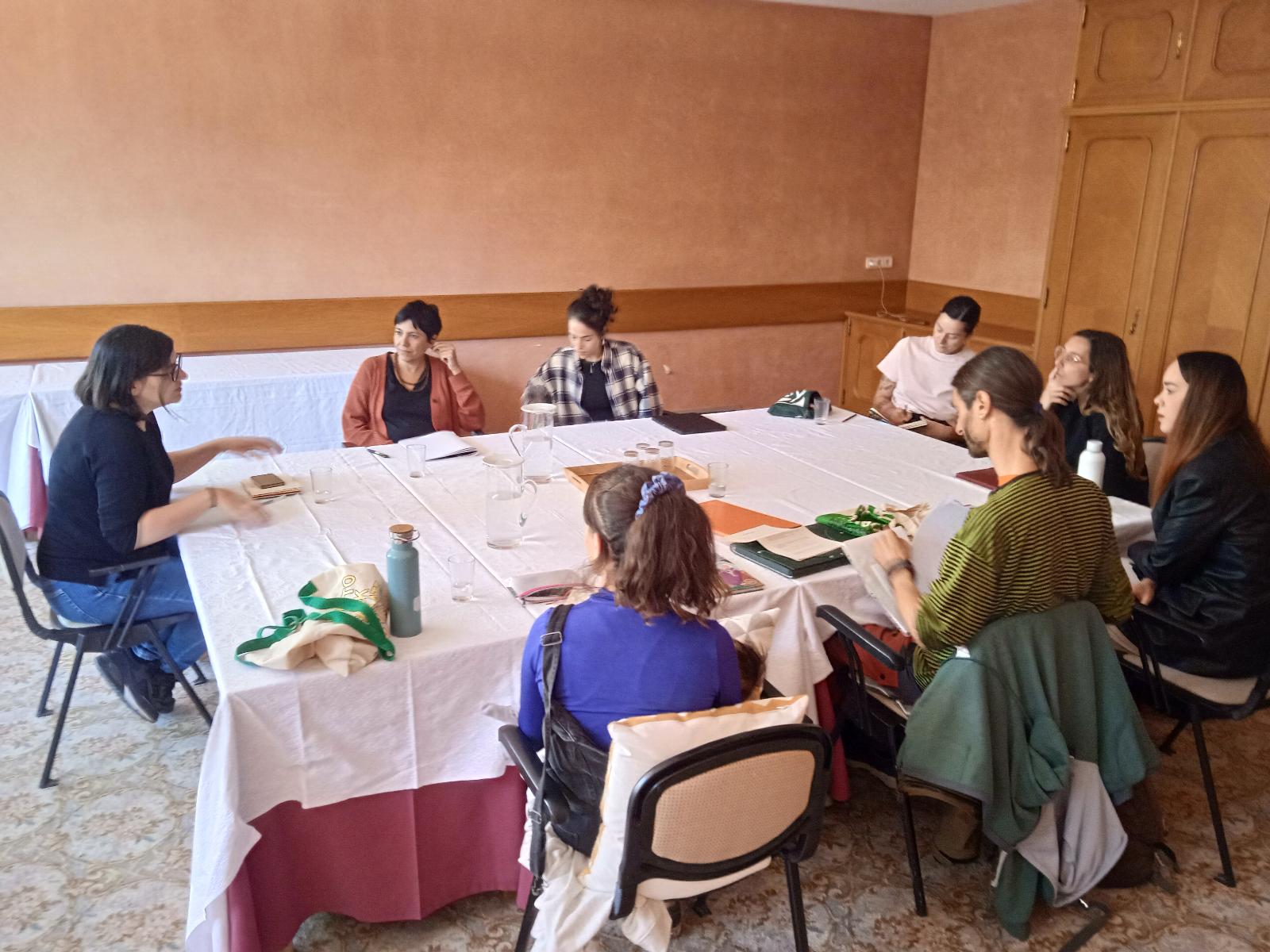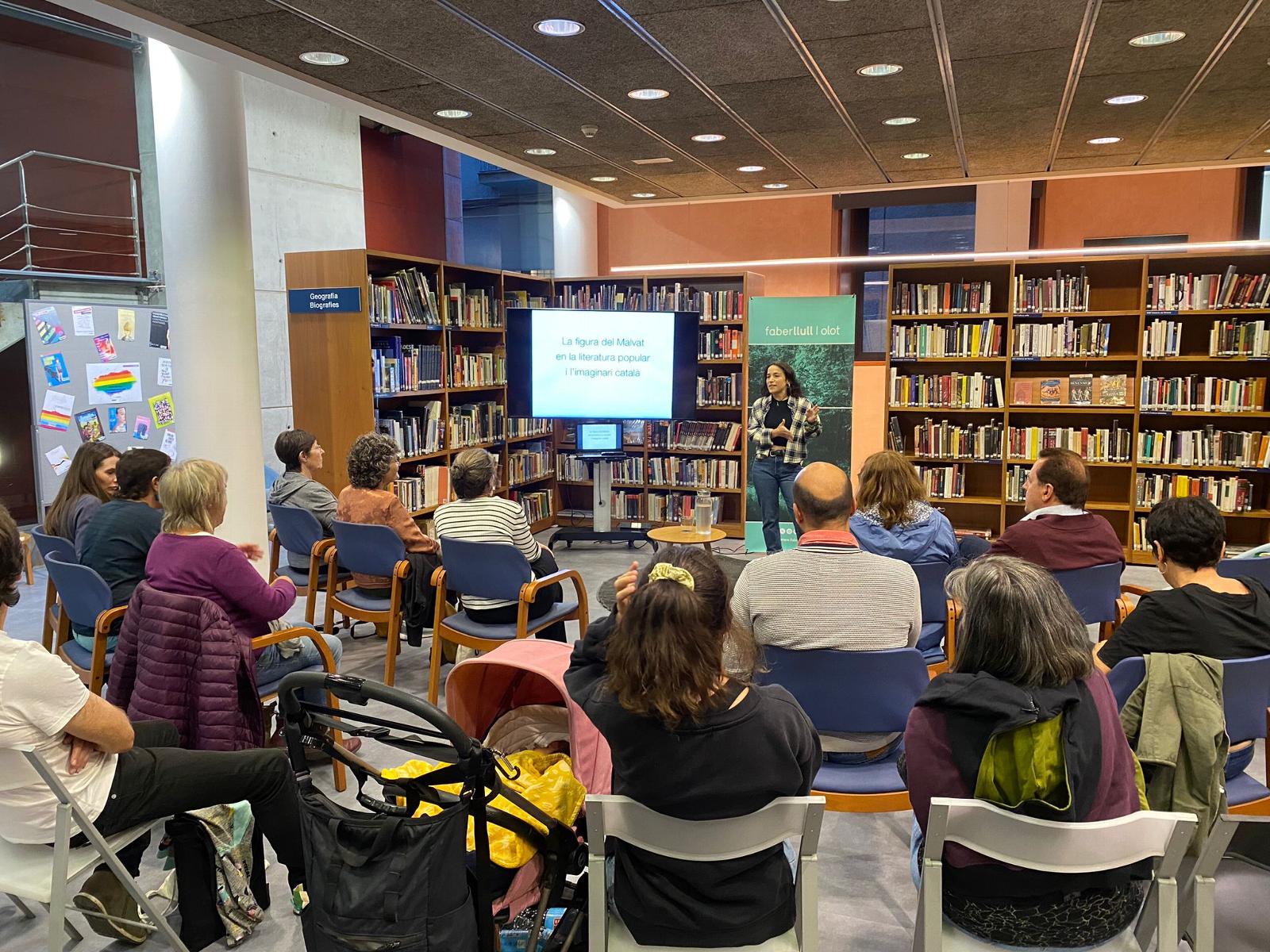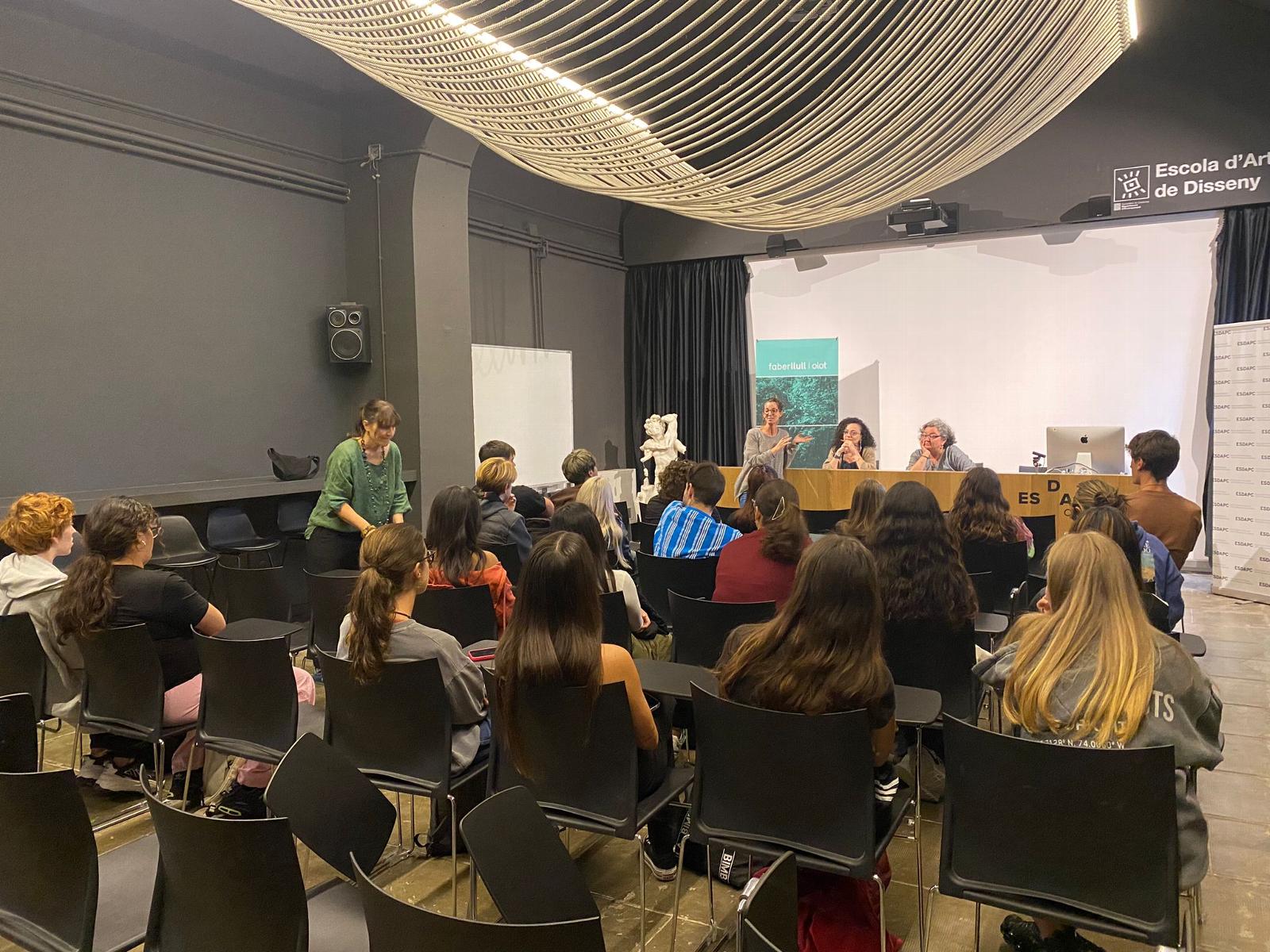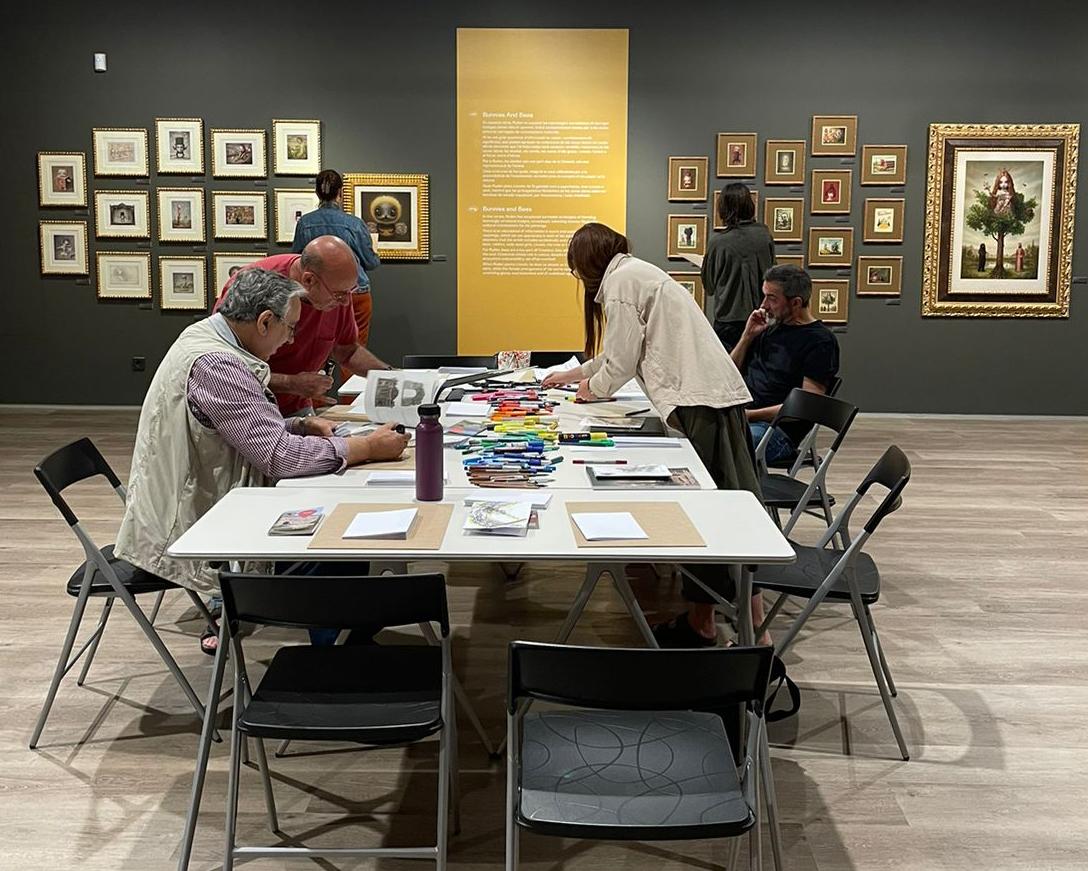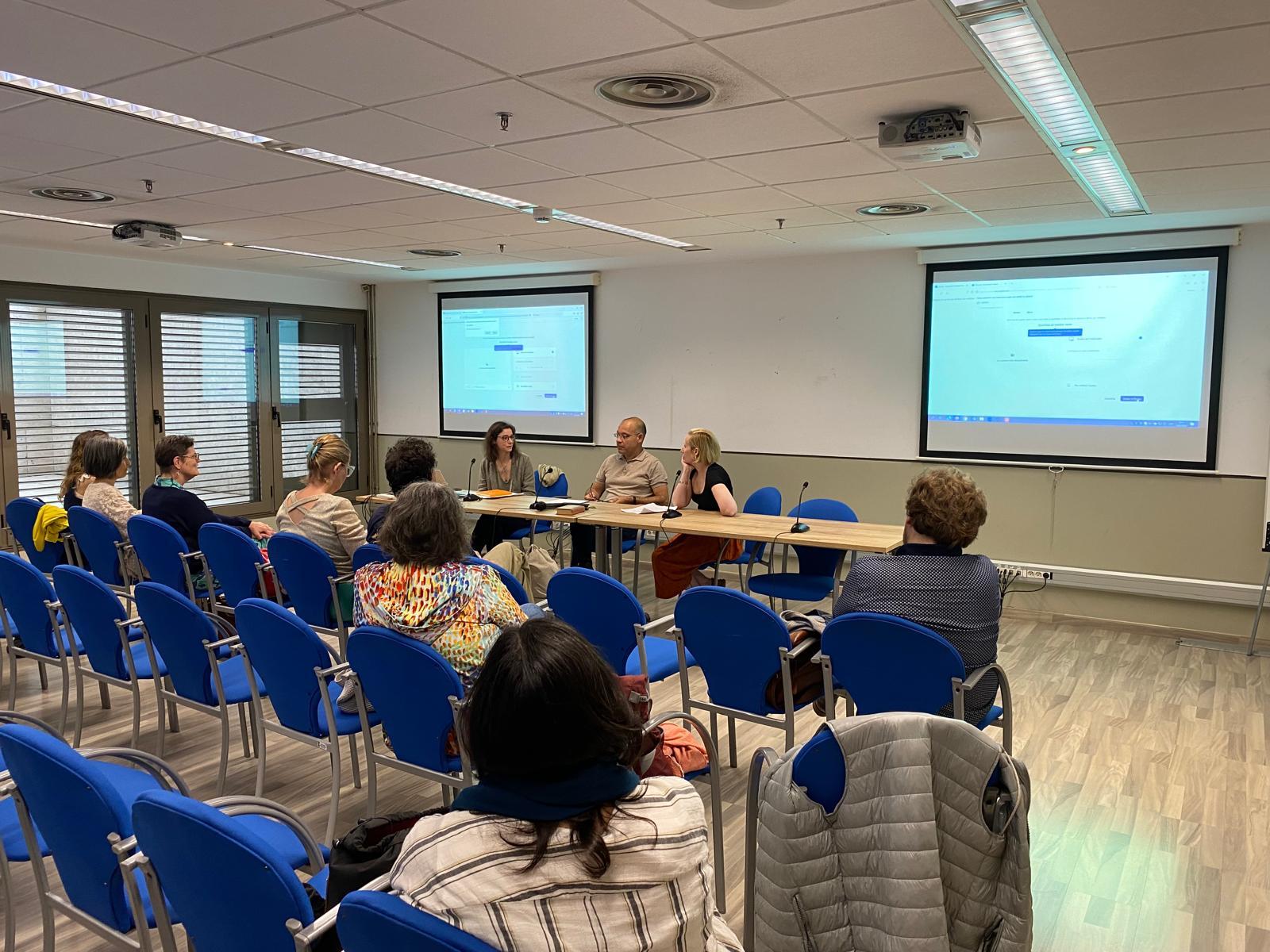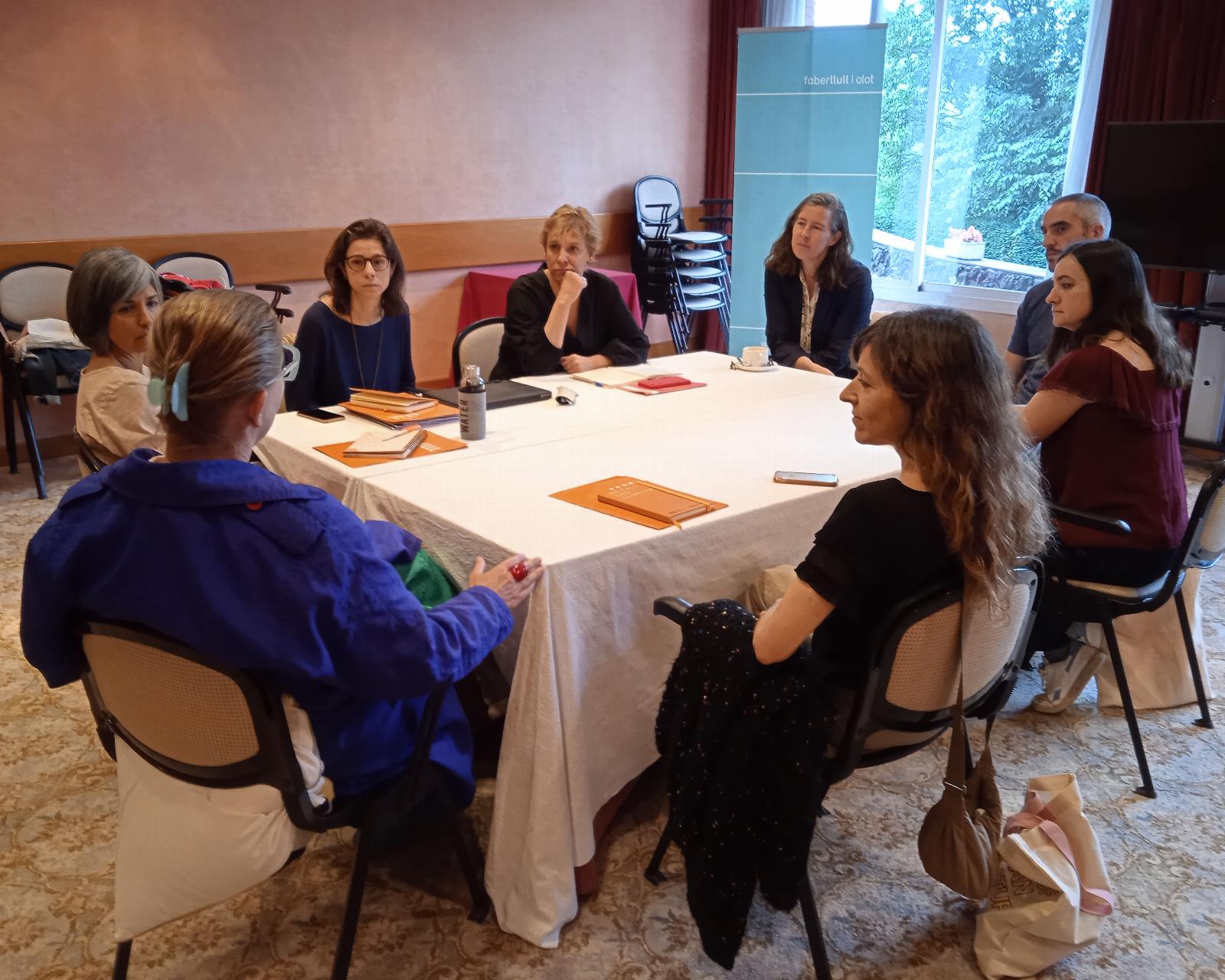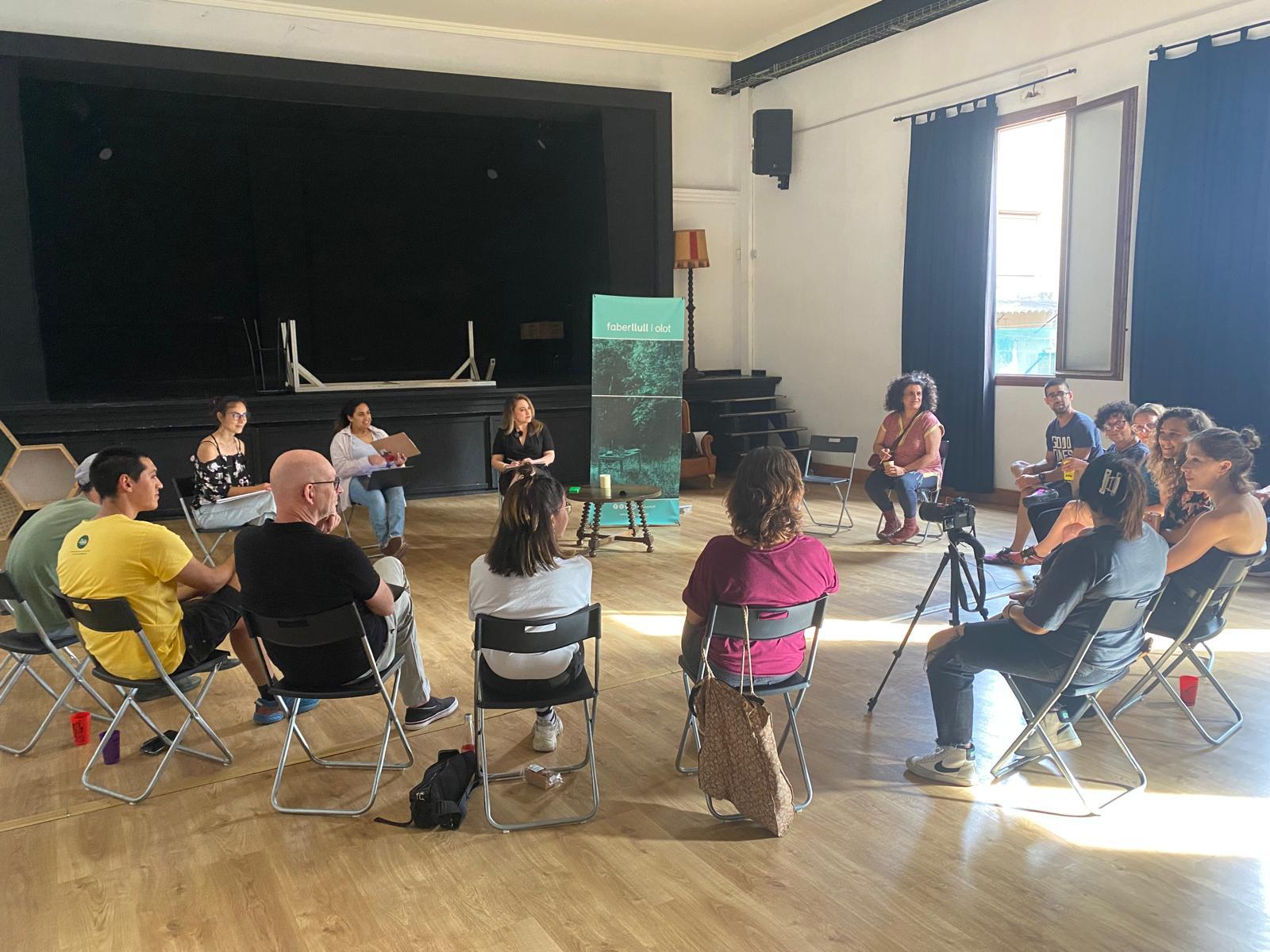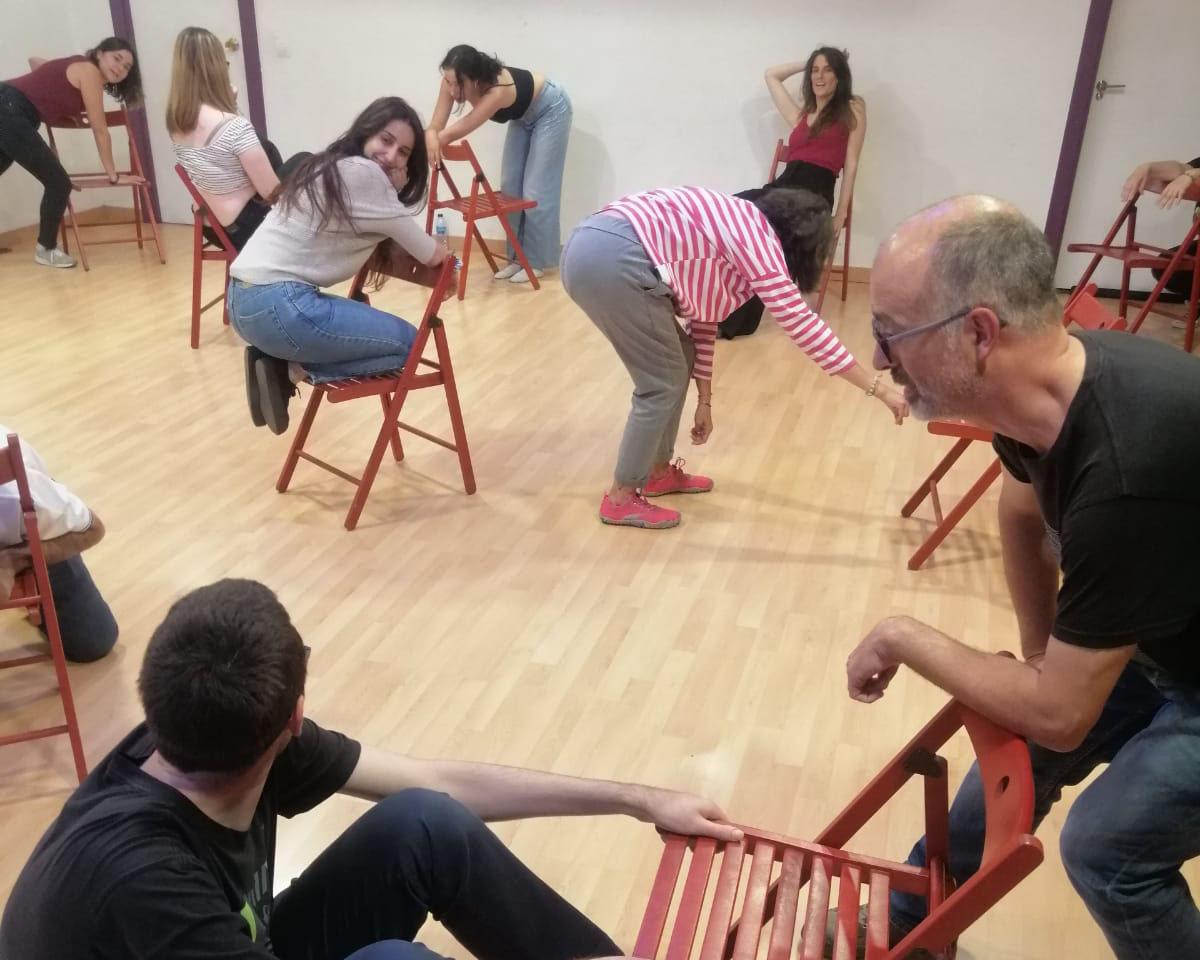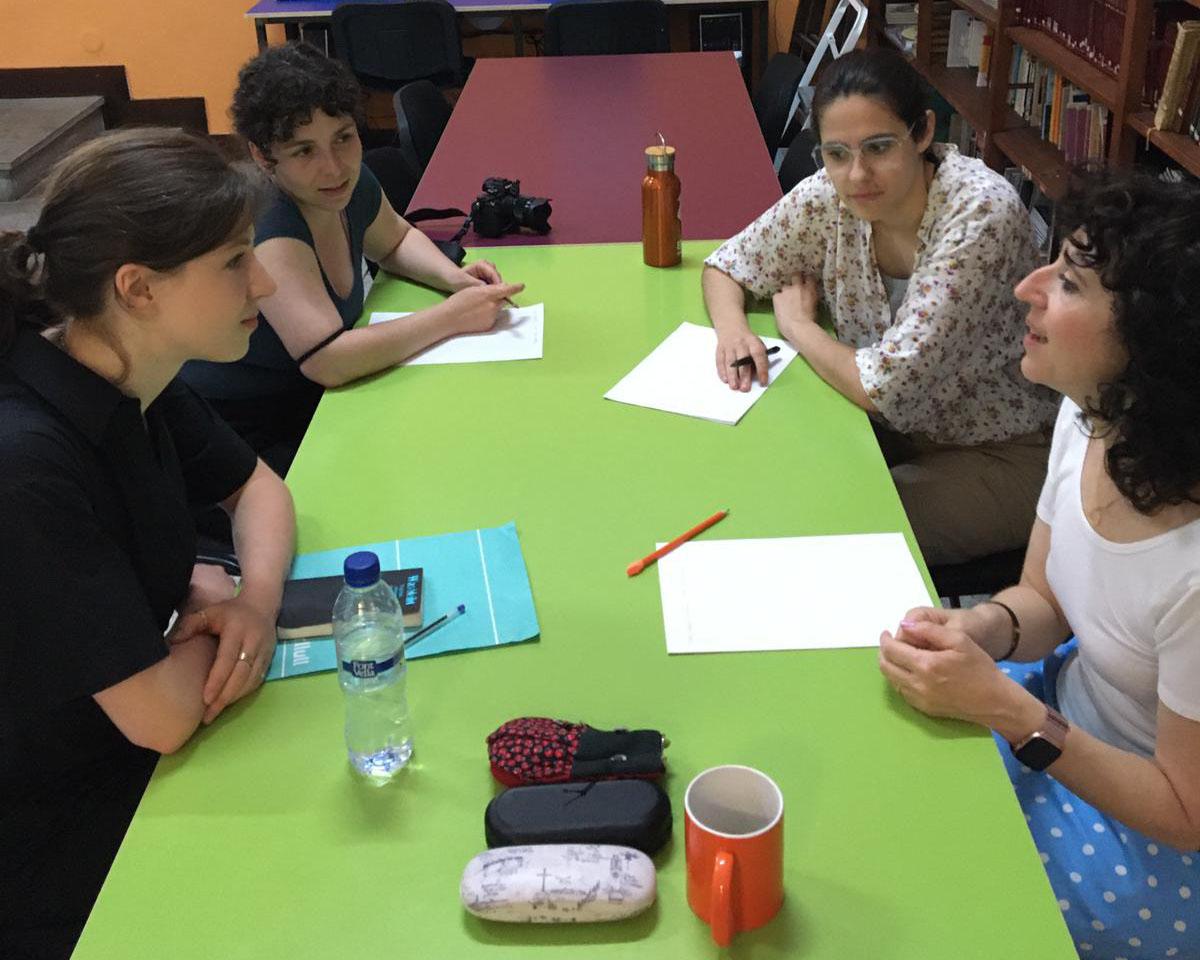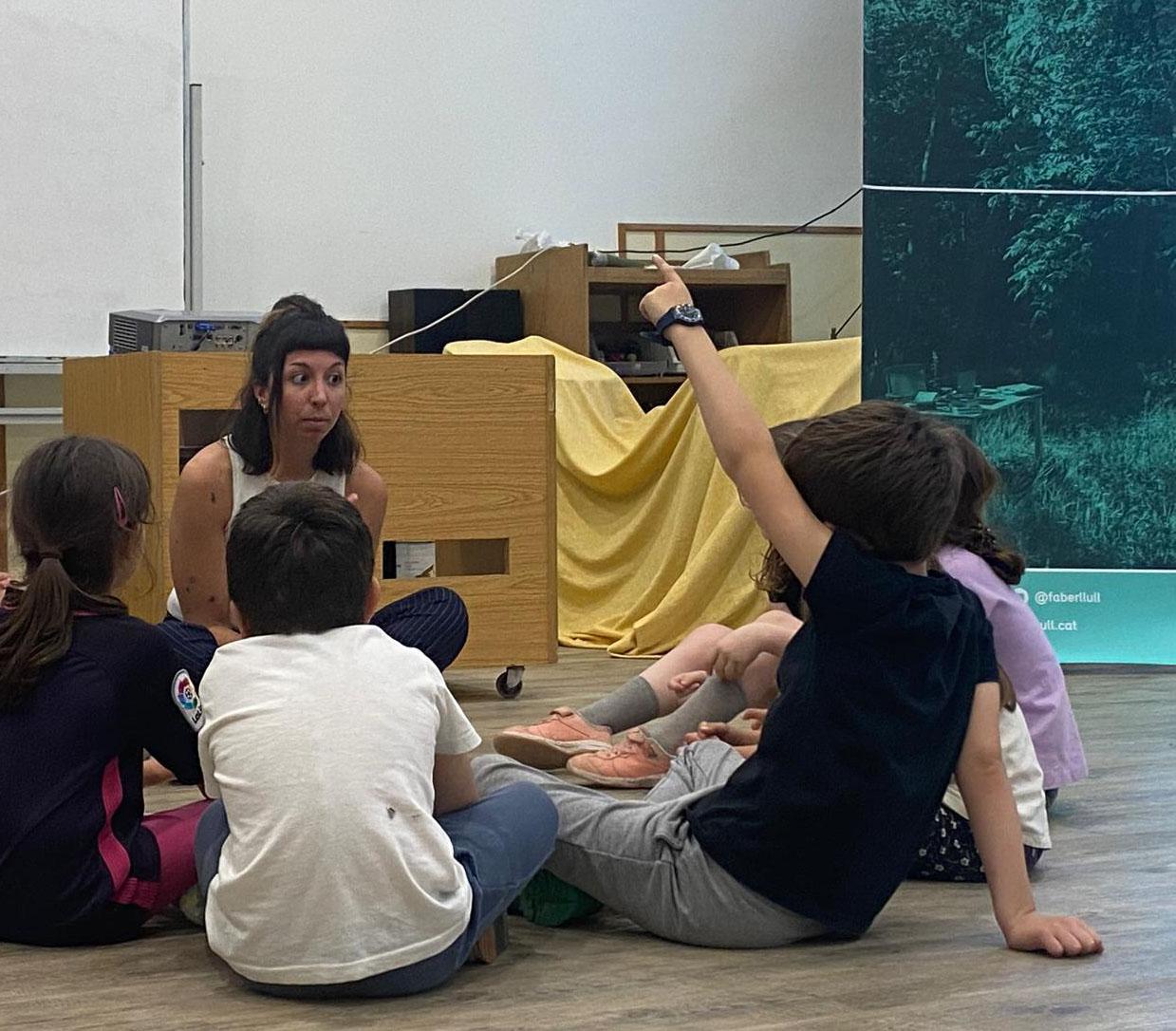Dramatised reading of texts by Eva Hibernia and Albert Tola
Monday, 27 November 2023 , Olot
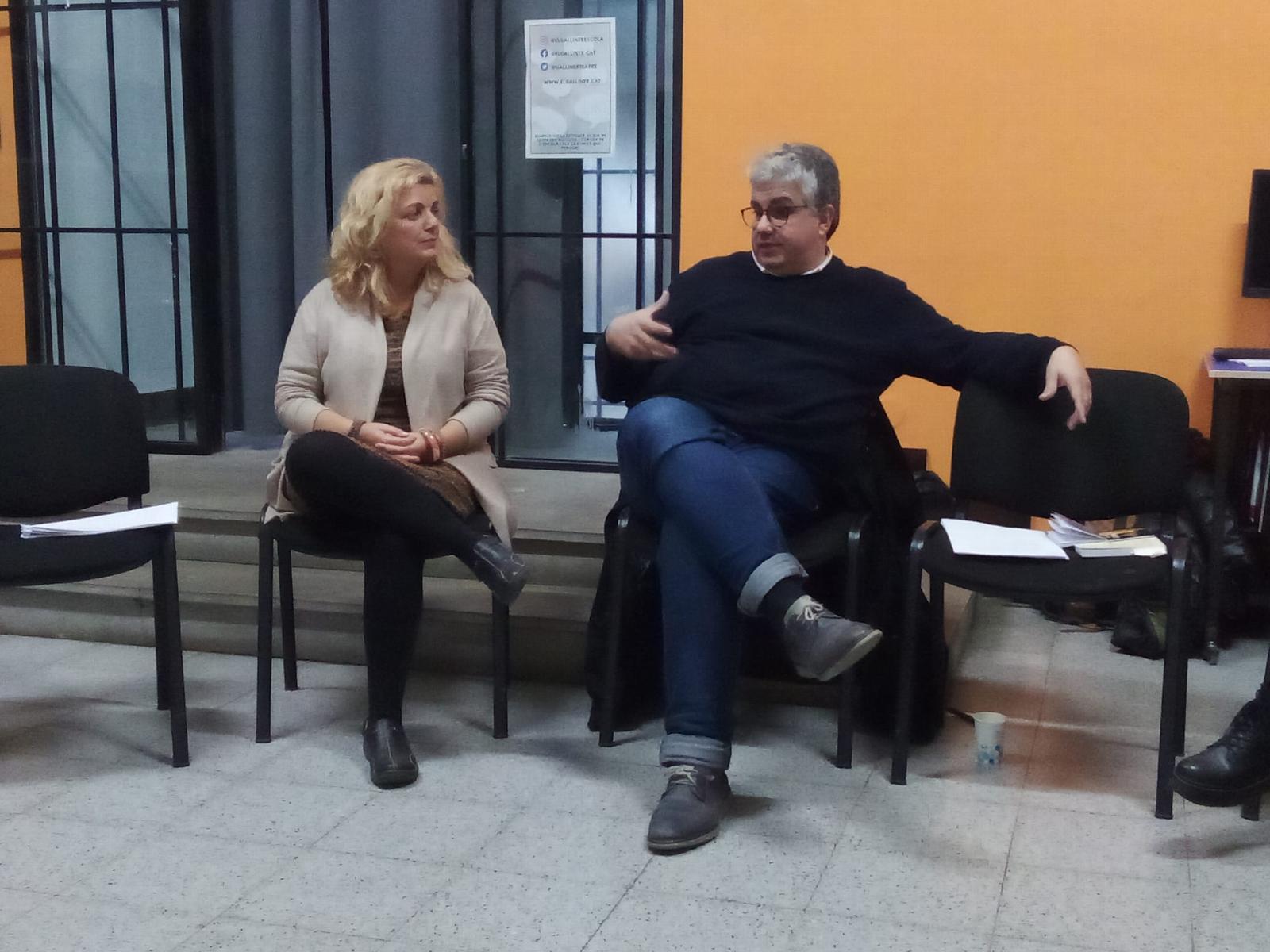
Dramatised reading of texts by Eva Hibernia and Albert Tola
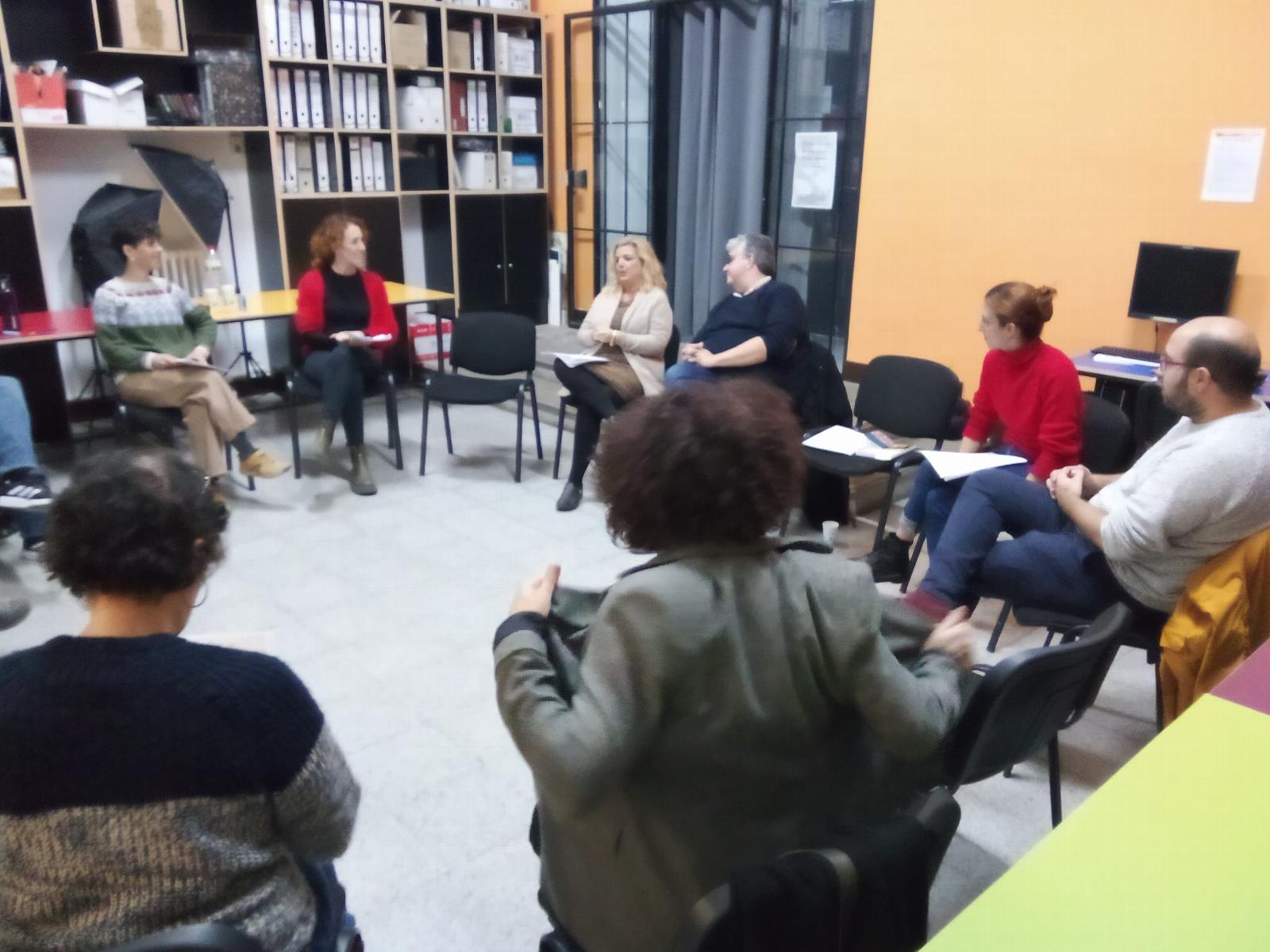
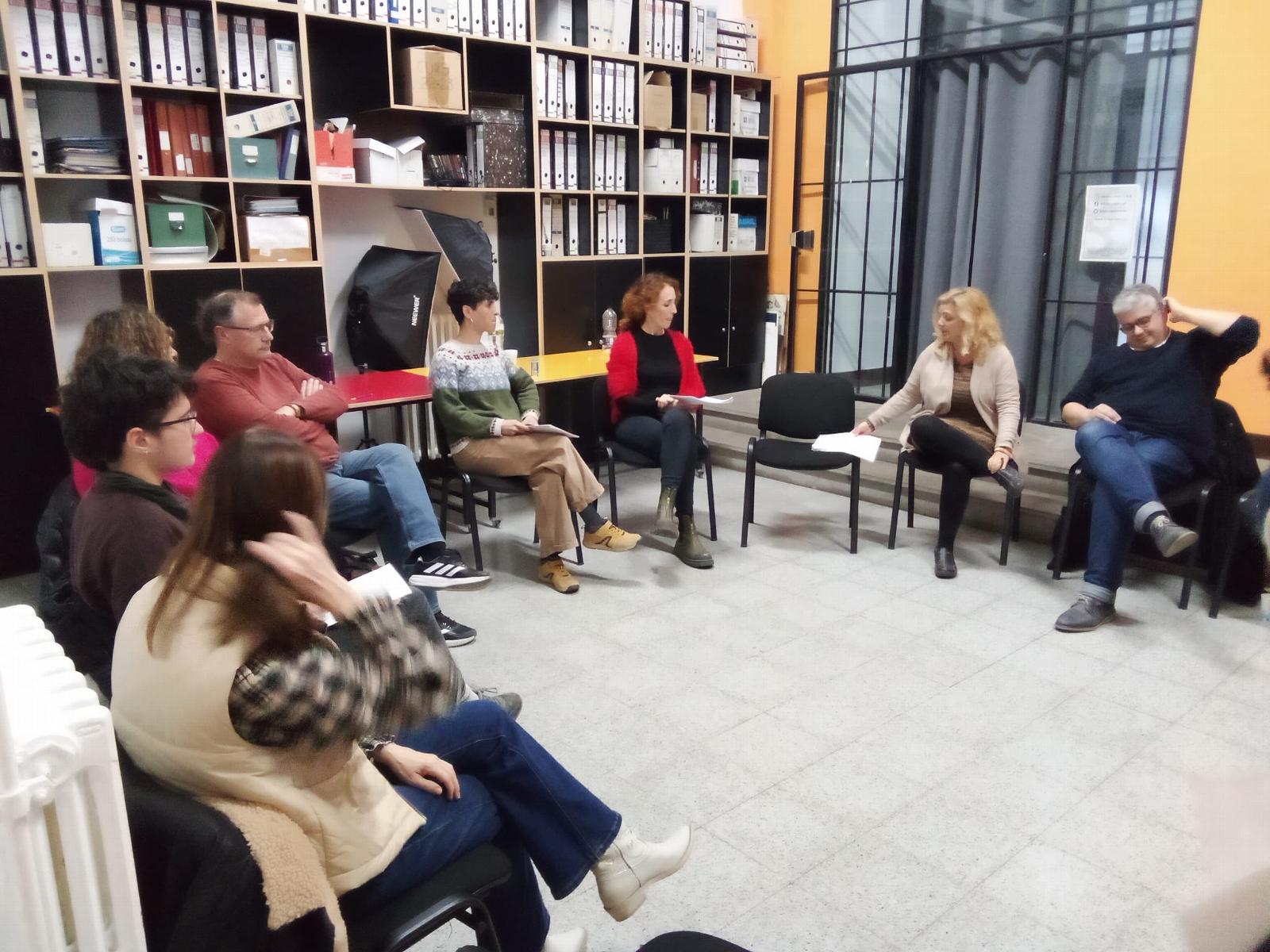
Carrying out the activity between Faberllull and El Galliner was a source of self-knowledge for Eva Hibernia and Albert Tola.
Once the two playwrights knew the actresses and actors who had volunteered to work with them, they chose the texts according to the cast. No prior agreement was established to choose them, leaving chance to be a significant factor. The presentation of fragments of the dramaturgy and the cross dialogue that the two authors have had for twenty years seemed like an experiment both for them and for the audience. If the texts coincided in common themes, one would understand the reason for this dialogue – which has led them to write a work together in Faberllull – but they would also encounter some themes that concern the spirit of the times. The two playwrights wanted to draw conclusions from the expressiveness of the coincidences.
Excerpts from the following works were read: La sang és un color del temps (Blood is a colour of time), Verda ràbia (Green rage) and La carrera (The race), by Eva Hibernia, and Sarab, El palmerar (The palm grove) and Les nits dolentes d’Amir Shrinyan (Amir Shrinyan’s tough nights), by Albert Tola.
Es van llegir fragments de les següents obres: La sang és un color del temps, Verda ràbia i La carrera, d'Eva Hibernia, i Sarab, El palmerar, Les nits dolentes de Amir Shrinyan, d'Albert Tola.
When discussing the fragments, the authors found the following thematic blocks, around which they organised the conversation and the readings, in which texts from each author alternated:
1. Affective loyalties and inherited emotions
2. The shadow of patriarchy and the national-Catholic canon
3. The consequences of Francoism, today
4. The dialogue with the other as oneself, and with oneself as another
The actresses and the teenage actor were very generous in their reading and both Eva and Albert felt that the topics on which the speakers matched also connected with the audience. Consequently, they felt that the act not only had a self-reflexive virtue that contributed to the awareness of what they are writing or working on, but that it touched the audience because of the themes they approach in an act of reclaiming text theatre with a literary intent.

